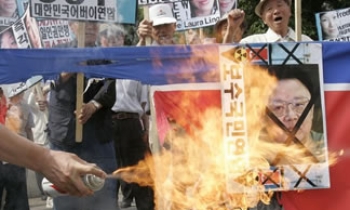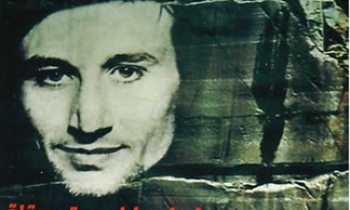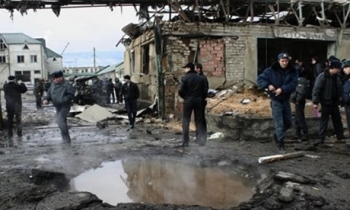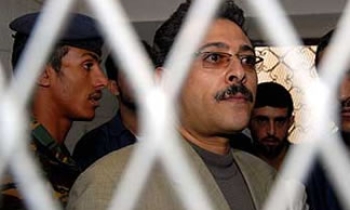9 May 2006 - Members of the International Freedom of Expression Exchange's (IFEX) Tunisia Monitoring Group (TMG) are deeply concerned that, despite its unrelenting attacks on press freedom, free expression and freedom of association, the Tunisian government today became a member of the newly established UN Human Rights Council.
"The UN Human Rights Council may soon lose its credibility if it is under the control of autocratic governments like the one in place in Tunisia, that violate freedom of expression and harass and imprison individuals for peacefully criticising their rulers," said Francesco Diasio, head of the recent IFEX-TMG mission to Tunisia.
Diasio, of the World Association of Community Radio Broadcasters (AMARC); Sally Sami of the Arabic Network for Human Rights Information (HRinfo) and Mark Bench of the World Press Freedom Committee (WPFC) took part in the fact-finding mission to Tunisia from 18 to 22 April 2006. They were struck by the deterioration of the condition of freedom of expression in Tunisia five months after the World Summit of the Information Society (WSIS) was held in Tunis in November 2005.
The principal findings of the mission, due to be made public next week, are:
* Continuing imprisonment of individuals based on expression of their opinions or media activities.
* Blocking of websites, including news and information websites.
* Restricting freedom of association, including the right of organisations to be legally established, and to hold meetings.
* Restricting freedom of movement of human rights defenders and political dissidents, along with surveillance by the political police, harassment, and intimidation.
* Censoring the press and lack of diversity of content in newspapers, especially in the state-controlled press.
* Censoring books through the legal submission procedure.
* Attempting to smear the reputations of activists, which are unlawful actions that are not being investigated.
* Official harassment of attorneys and judges who press for independence of the judiciary.
The undersigned IFEX-TMG members are disturbed that the situation of the media, as well as other aspects of freedom of expression, assembly and association, remain far below international norms and conventions to which Tunisia is a signatory, despite Tunisian government assertions to the contrary.
"Unfortunately the UN decision to hold the second phase of WSIS in Tunis did not prompt the Tunisian authorities to make significant steps toward freedom of expression and association and independent journalism, as many, including UN Secretary General Kofi Annan, hoped," said Diasio.
For more information on the IFEX-TMG please visit: http://campaigns.ifex.org/tmg/index.html
Signed:
Arabic Human Rights Information Network (HRinfo), Egypt
ARTICLE 19, UK
Canadian Journalists for Free Expression (CJFE), Canada
Egyptian Organization for Human Rights (EOHR), Egypt
Index on Censorship, UK
International Federation of Library Associations and Institutions (IFLA), The Netherlands
International Publishers' Association (IPA), Switzerland
Journaliste en danger (JED), Democratic Republic of Congo
Media Institute of Southern Africa (MISA), Namibia
Norwegian PEN, Norway
World Association of Community Radio Broadcasters (AMARC), Canada
World Association of Newspapers (WAN), France
World Press Freedom Committee (WPFC), USA









